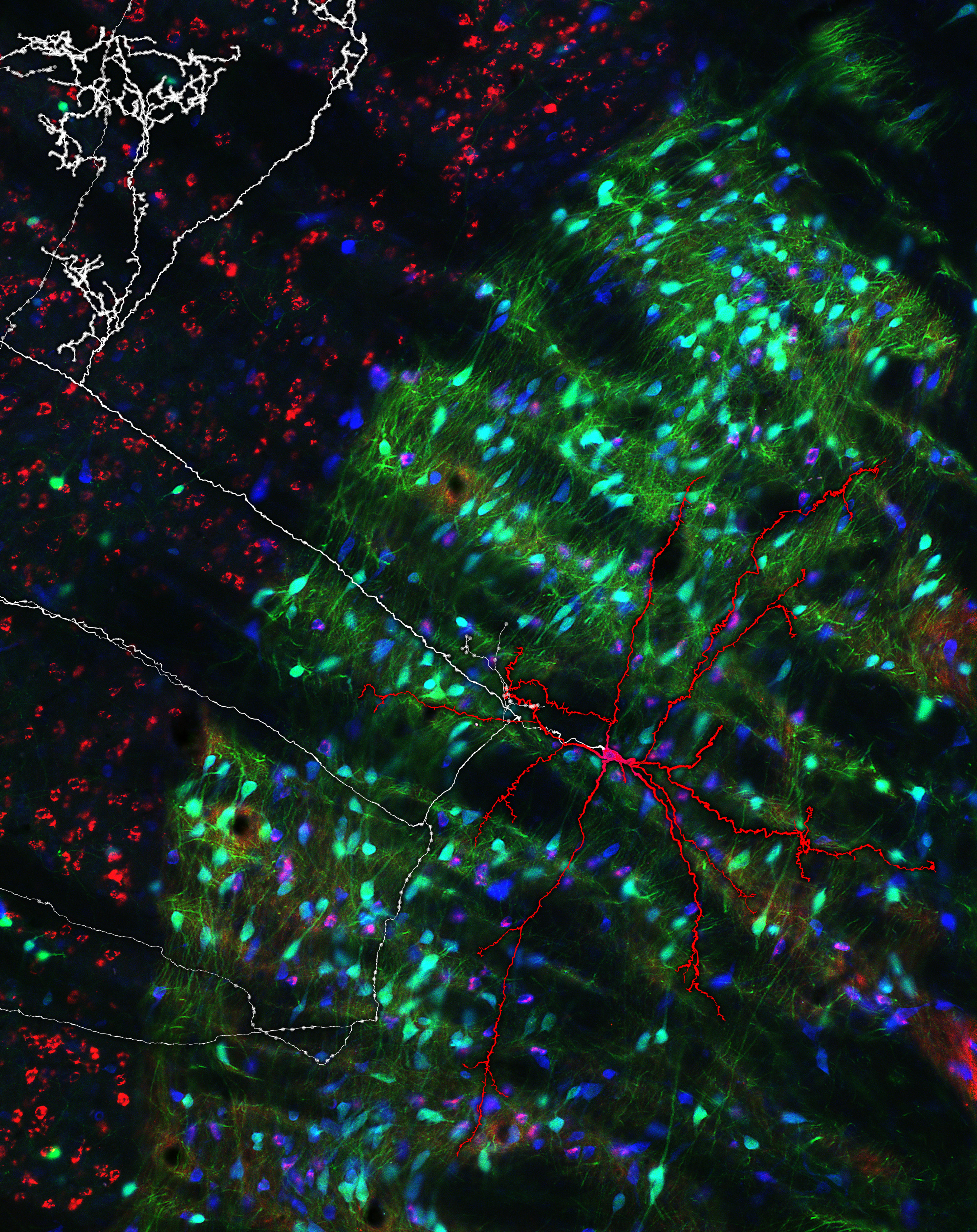Prof. Peter J. Magill

Prof. Peter J. Magill
Professor Magill is Director of the MRC Brain Network Dynamics Unit.
After graduating in Biochemistry at the University of Bath, Peter came to the University of Oxford to study for his D.Phil. under the supervision of Dr Mark Bevan and Professor J. Paul Bolam. Following the award of Peter's doctorate in 2001, for which he received the British Neuroscience Association's 2001 Postgraduate of the Year Prize, he remained in Oxford to continue with his studies on the functional properties of the basal ganglia and their partner brain circuits. Peter has led contiguous MRC-funded Programmes since 2009. Before Peter’s appointment as Unit Director, he was successively founding Deputy Director (2015-2021) and Interim Director of the MRC Brain Network Dynamics Unit. Peter was awarded the title of Professor of Neurobiology by the University of Oxford in 2014. He currently holds a Special Supernumerary Fellowship at University College, Oxford. In 2026, Peter was appointed as one of the first Group Leaders of the UK Dementia Research Institute (UK DRI) Parkinson’s Research Centre.
Peter is founding Director of the Medical Research Council Centre of Research Excellence in Restorative Neural Dynamics.
Peter is the recipient of a prestigious Investigator Award and Collaborative Award from The Wellcome Trust. He is also one of the founding Investigators and Theme Leaders at the Oxford Parkinson's Disease Centre.
Peter has fulfilled numerous academic leadership roles at the University of Oxford as well as at external organisations, including the International Basal Ganglia Society, the British Neuroscience Association, Parkinson's UK, the Wellcome Trust, the Royal Society, and the Medical Research Council.
In vivo electrophysiological and photometric recording techniques, quantitative anatomical methods, and the use of genetics-based approaches for the monitoring and manipulation of specified cell types are all central to Peter's research strategy to elucidate the principles governing neuronal communication within the basal ganglia and partner neural circuits.
- Cellular and network mechanisms underlying neuronal activity in the basal ganglia.
- Processing of information by the basal ganglia and their partner brain circuits.
- Experimental models of movement/memory disorders, particularly Parkinson's.
- Translational studies with a view to optimising therapies for movement disorders.
